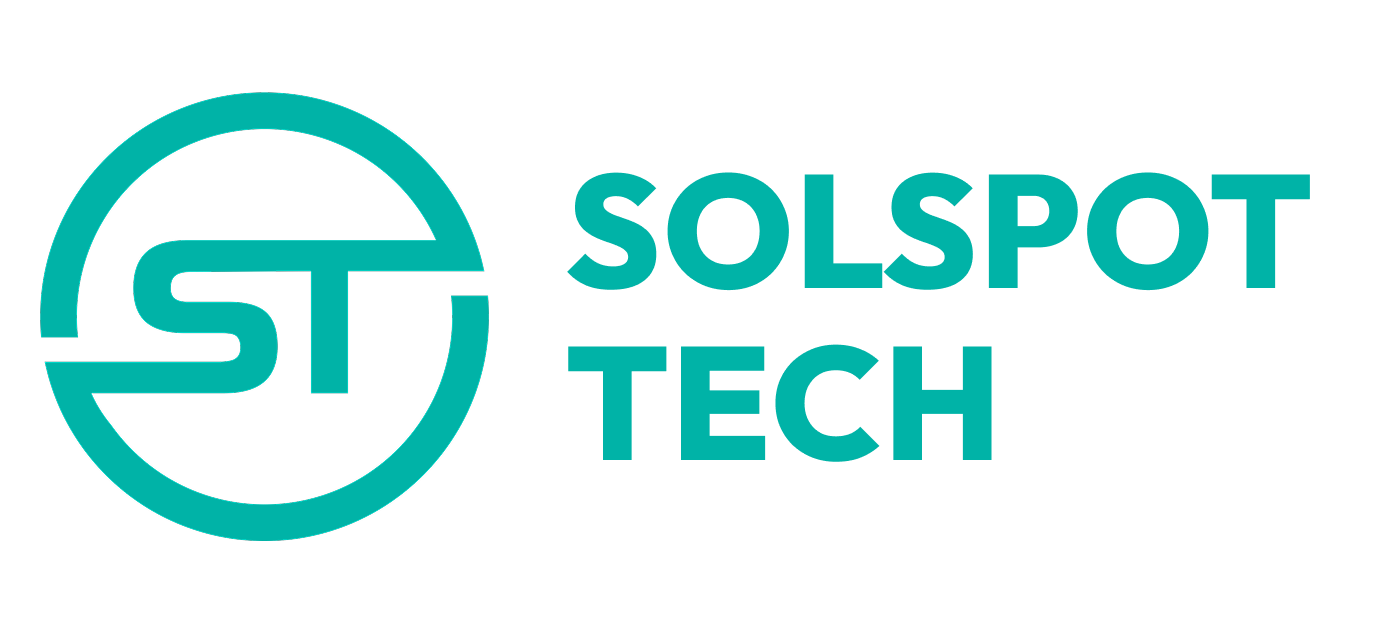- A World in Flux: Examining the Day’s Top Stories and the Global News Landscape.
- The Shifting Sands of Global Politics
- The Impact of Political Polarization
- The Role of International Organizations
- Economic Trends Shaping the World
- The Future of Work
- The Impact of Climate Change on the Economy
- The Rise of Digital Technology and Its Implications
- The Ethics of Artificial Intelligence
- The Future of Digital Communication
- Navigating a Complex Information Landscape
A World in Flux: Examining the Day’s Top Stories and the Global News Landscape.
In today’s interconnected world, staying informed about current events is more crucial than ever. The sheer volume of information available can be overwhelming, and discerning credible sources from misinformation requires vigilance. The constant flow of information, often termed as ‘news’, shapes public opinion, influences policy decisions, and impacts our daily lives. Understanding the landscape of global events, from political shifts to economic trends and societal changes, is essential for informed citizenship and effective participation in a democratic society. The ability to critically analyze and interpret this information is a skill that is becoming increasingly important.
However, the very definition of what constitutes ‘news‘ is evolving. Traditional media outlets are no longer the sole gatekeepers of information. Social media platforms, citizen journalism, and alternative news sources have emerged, offering diverse perspectives and challenging established narratives. This proliferation of sources, while potentially democratizing, also presents challenges in terms of verifying accuracy and identifying bias. The consequences of consuming inaccurate or misleading information can be significant.
The Shifting Sands of Global Politics
The international political arena is marked by a complex interplay of power dynamics, alliances, and conflicts. Geopolitical events in one region can have ripple effects across the globe, impacting trade, security, and diplomatic relations. The rise of new global powers, coupled with the decline of traditional ones, is reshaping the world order. Political instability in various parts of the world, driven by factors such as economic inequality, social unrest, and ideological differences, poses a significant threat to global peace and security. Effective diplomacy and international cooperation are essential to address these challenges and promote a more stable and equitable world.
| Eastern Europe | Heightened tensions due to ongoing conflicts and geopolitical competition. | Maintaining regional stability, addressing humanitarian crises, and promoting diplomatic solutions. |
| Middle East | Persistent instability due to longstanding conflicts, political fragmentation and extremist groups. | Counterterrorism efforts, resolving ongoing conflicts, and fostering inclusive governance. |
| Indo-Pacific Region | Growing strategic competition between major powers, increasing militarization, and territorial disputes. | Maintaining freedom of navigation, preventing escalation of conflicts, and upholding international law. |
The Impact of Political Polarization
Political polarization, a phenomenon characterized by increasing ideological divides and animosity between opposing groups, is a growing concern in many countries. This phenomenon is fuelled by echo chambers on social media platforms and the spread of misinformation. The consequences of political polarization can include gridlock in government, erosion of public trust in institutions, and even violence. Bridging these divides requires a commitment to respectful dialogue, critical thinking, and a willingness to understand opposing viewpoints. It’s essential to combat the spread of misinformation and promote media literacy.
The Role of International Organizations
International organizations, such as the United Nations, play a critical role in addressing global challenges and promoting cooperation among nations. These organizations provide a forum for dialogue, facilitate peacekeeping operations, and coordinate humanitarian assistance. The effectiveness of international organizations is often hampered by political disagreements and resource constraints. However, they remain essential for tackling transnational issues such as climate change, pandemics, and terrorism. Strengthening international cooperation through these organizations is vital for creating a more peaceful and prosperous world. The need for reform in some aspects of these organizations is for sure starting to be highlighted.
Economic Trends Shaping the World
The global economy is undergoing a period of rapid transformation, driven by technological advancements, shifting trade patterns, and evolving consumer preferences. Economic growth is unevenly distributed, with some countries experiencing significant prosperity while others struggle with poverty and inequality. The rise of emerging markets, particularly in Asia, is reshaping the global economic landscape. Trade wars, protectionist policies, and supply chain disruptions pose risks to global economic stability. Furthermore, the increasing integration of financial markets can amplify economic shocks and create systemic risks.
- Globalization presents both opportunities and challenges for economies worldwide.
- Technological innovation is driving productivity gains but also creating job displacement in some sectors.
- Sustainable economic development requires addressing environmental concerns and promoting social equity.
The Future of Work
The nature of work is changing rapidly, driven by automation, artificial intelligence, and the gig economy. Many traditional jobs are being automated, requiring workers to acquire new skills and adapt to evolving job markets. The gig economy, characterized by short-term contracts and freelance work, is becoming increasingly prevalent. This trend offers flexibility but also raises concerns about job security, benefits, and worker rights. Investing in education, training, and social safety nets is crucial to prepare workers for the future of work and ensure that the benefits of technological progress are shared broadly. The debate about universal basic income is also gaining traction as a possible response to job displacement.
The Impact of Climate Change on the Economy
Climate change is having a growing impact on the global economy, causing damage from extreme weather events, disrupting supply chains, and reducing agricultural productivity. The transition to a low-carbon economy requires significant investments in renewable energy, energy efficiency, and sustainable infrastructure. Carbon pricing mechanisms, such as carbon taxes and cap-and-trade systems, can incentivize emission reductions. However, these policies must be designed carefully to avoid adverse impacts on economic competitiveness and social equity. Addressing climate change is not only an environmental imperative but also an economic one. Delaying action will only increase the costs of adaptation and mitigation in the future, potentially causing irreversible damages.
The Rise of Digital Technology and Its Implications
Digital technology is transforming nearly every aspect of our lives, from how we communicate and access information to how we work and conduct business. The internet, mobile devices, and social media platforms have created unprecedented opportunities for connectivity and innovation. However, these technologies also pose new challenges, such as cybersecurity threats, privacy concerns, and the spread of misinformation. Regulating digital technology is a complex task, balancing the need to promote innovation with the need to protect consumers and safeguard democratic values.
- Data privacy is a growing concern in the digital age.
- Cybersecurity threats are becoming increasingly sophisticated.
- The spread of misinformation poses a threat to democracy.
The Ethics of Artificial Intelligence
Artificial intelligence (AI) is rapidly advancing, with applications ranging from self-driving cars to medical diagnosis. While AI has the potential to solve many societal problems, it also raises ethical concerns. Algorithmic bias, job displacement, and the potential for autonomous weapons systems are just a few of the challenges that need to be addressed. Developing ethical guidelines and regulations for the development and deployment of AI is crucial to ensure that it is used responsibly and for the benefit of humanity. It’s important to discuss the accountability of AI and ensure that algorithms are transparent and fair.
The Future of Digital Communication
Digital communication is evolving at a breakneck pace. New platforms and technologies are constantly emerging, changing how we interact with each other and with the world around us. The metaverse, a virtual world where users can interact with each other and digital objects, is gaining traction. However, the implications of the metaverse for society are still largely unknown. Ensuring that digital communication is accessible, inclusive, and safe is essential for harnessing its full potential. These platforms must also be held accountable for the content that is published on them.
Navigating a Complex Information Landscape
In the face of a constant stream of information, developing critical thinking skills is more important than ever. Being able to evaluate sources, identify bias, and discern fact from fiction are essential for making informed decisions. Media literacy education should be a core component of education systems, equipping individuals with the tools they need to navigate the complex information landscape. Supporting independent journalism and promoting diverse media ownership are also important for ensuring a healthy and well-informed public sphere. Being proactive in seeking out multiple perspectives and challenging one’s own assumptions are crucial steps in navigating this environment.

